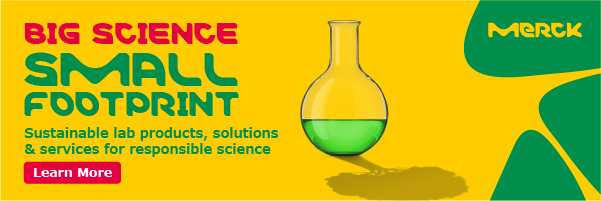Corporate Responsibility
Henkel publishes 2017 Sustainability Report 23rd February 2018
- Sustainability performance improved once more
- More than 50,000 employees serving as sustainability ambassadors
- Partnership launched to stop ocean plastic
- Leading positions in international indices and ratings.
Creating sustainable value
Henkel wants to create sustainable value – for its customers, employees, shareholders and society. At the same time, it plans to triple its efficiency by 2030. In the 2017 fiscal year, the company once again made real progress towards achieving its medium-term targets for 2020 (compared to the base year 2010):
- Energy consumption and CO2 emissions (per ton of product) were reduced by 24%
- Waste volumes (per ton of product) shrank by 32%
- Water consumption (per ton of product) was lowered by 24%
- Occupational safety (per million hours worked) was improved by 17%
- Net sales (per ton of product) increased by 5%
- Overall, Henkel was able to improve the relationship between value created and environmental footprint by 43% compared to the base year 2010. By 2020, the company plans to increase its resource efficiency by 75%.
In light of the Paris Climate Agreement and the commitment made by the international community to limit global warming to significantly less than two degrees Celsius, Henkel is committed to making an active contribution to climate protection. To achieve this, the company is focusing on reducing the carbon footprint of its entire production by 75% by 2030. Henkel also strives to source 100% of the electricity for its production from renewable sources by 2030. Its interim target for this goal is to achieve 50% coverage by 2020. Henkel follows the long-term vision of becoming a climate-positive company.
More than 50,000 employees trained as sustainability ambassadors
“We mainly have our employees’ immense dedication to thank for the progress we made in 2017,” said Kathrin Menges. “Since 2012, we have trained more than 50,000 employees as sustainability ambassadors – which makes this program one of Henkel’s largest further education initiatives to date. We don’t simply want to pass on knowledge about sustainability to our employees. We also want to encourage them to share that knowledge with their colleagues, suppliers, customers and even school children in order to make a social contribution. That is an important step towards giving the topic of sustainability an even greater role to play in the day-to-day activities of every single employee.”
Partnerships for more sustainability
In addition to its employees, Henkel also gets its partners throughout the value chain involved. For example, the company works together with Plastic Bank, a social enterprise aiming to stop ocean plastic and provide opportunities for people in poverty. At collection stations like the one in Haiti, local communities can turn in the plastic waste that they have collected and exchange it for money, donations in kind or social services. This plastic is then processed for reuse as a recycled material to support the circular economy.
Leading position confirmed in indices and ratings
Henkel’s sustainable business practices and efforts have also impressed independent sustainability experts, rating agencies and capital markets: Henkel is listed as industry group leader in the “Household and Personal Products” category in the Dow Jones Sustainability Indices, both World and Europe. Henkel also features in the following sustainability indices:
- ECPI Indices
- Ethibel Sustainability Indices
- Euronext Vigeo Eiris Sustainability Indices
- FTSE4Good ethical index for the 17th consecutive year
- Global Challenges Index
- MSCI ESG Leaders and SRI Indices
- STOXX Global ESG Leaders Indices.
In the ratings of Oekom Research and Sustainalytics, Henkel was recognised as the leading company in its industry.
More information on sustainability at Henkel is available at www.henkel.com/sustainability



